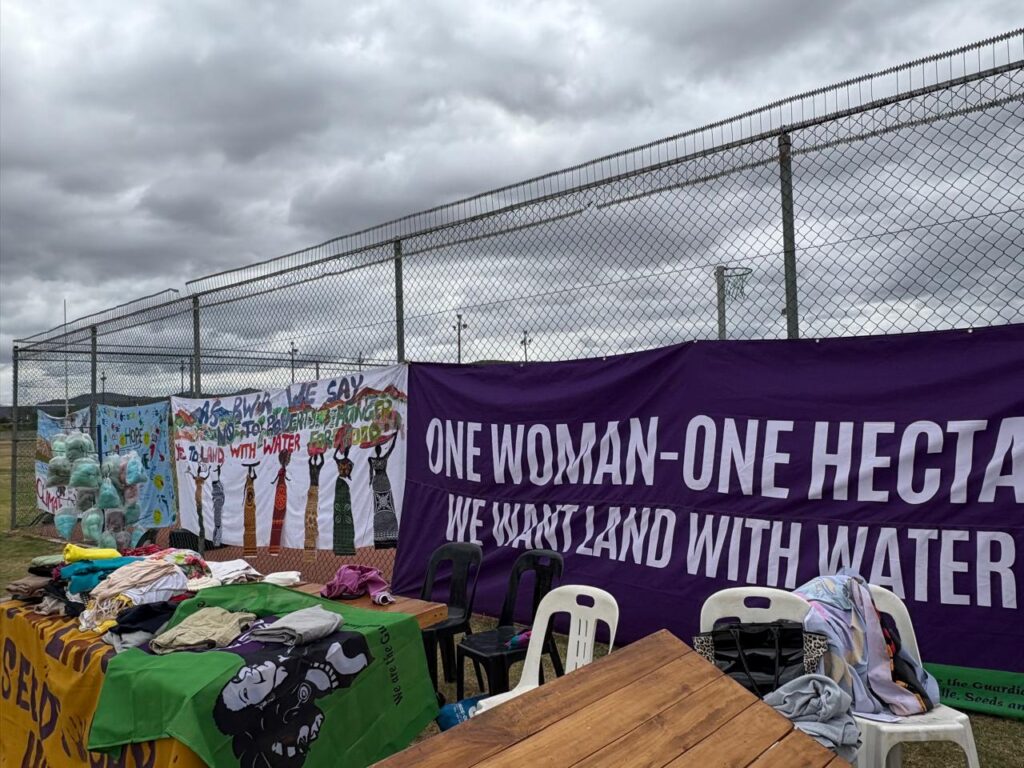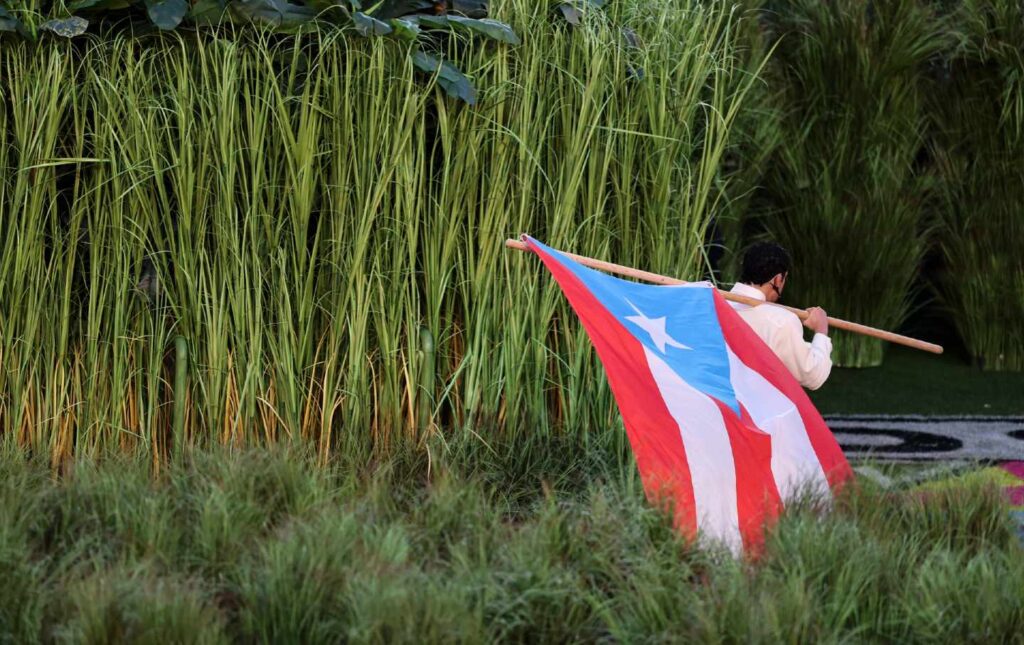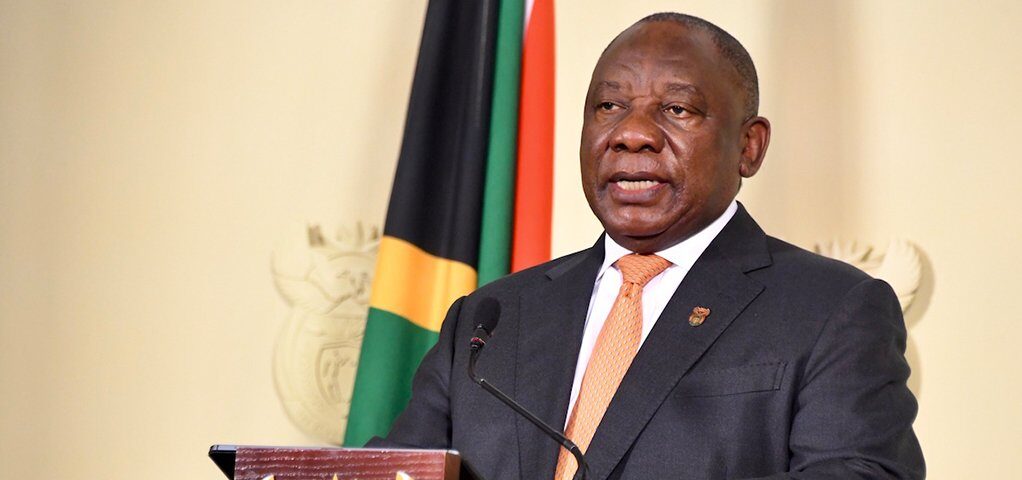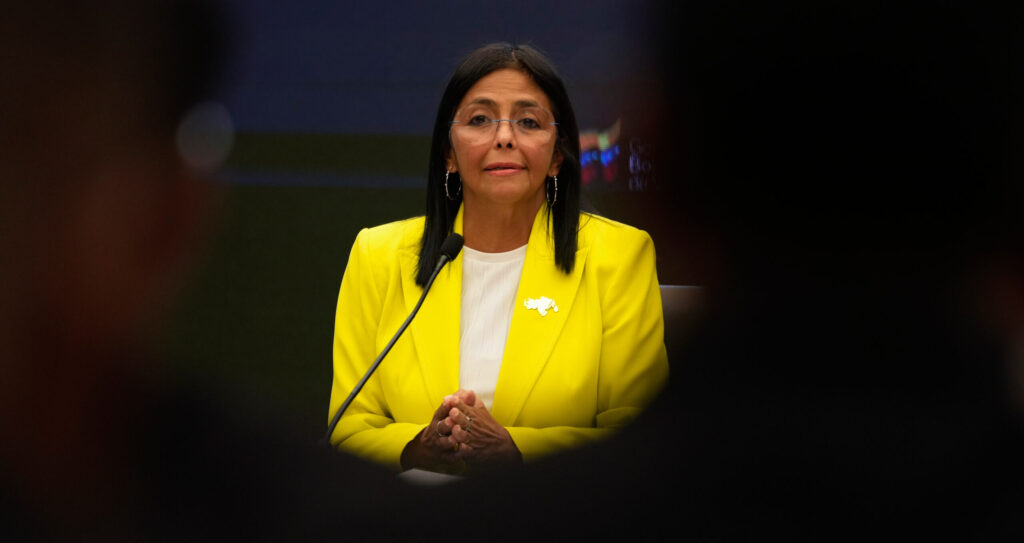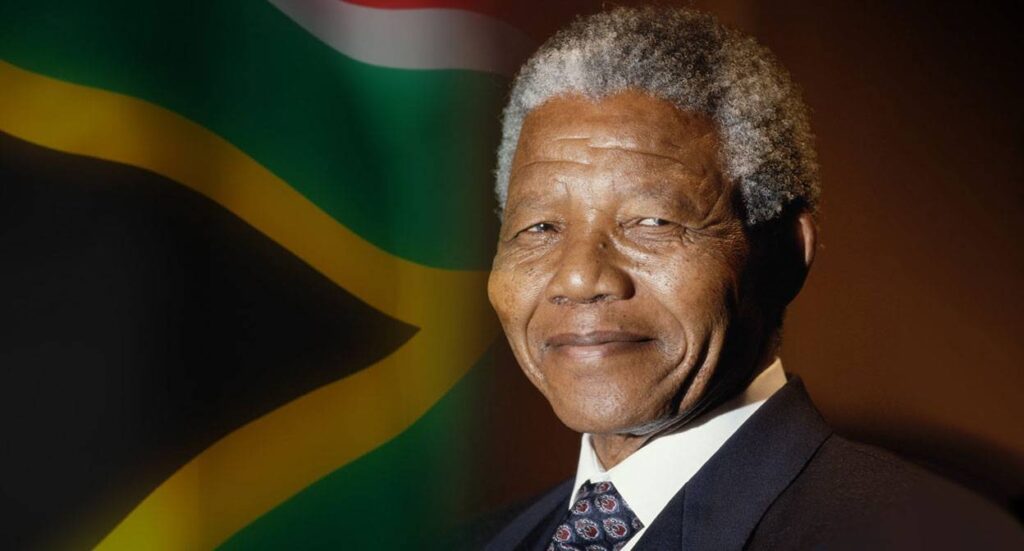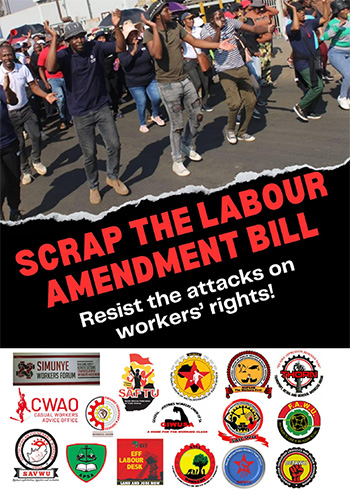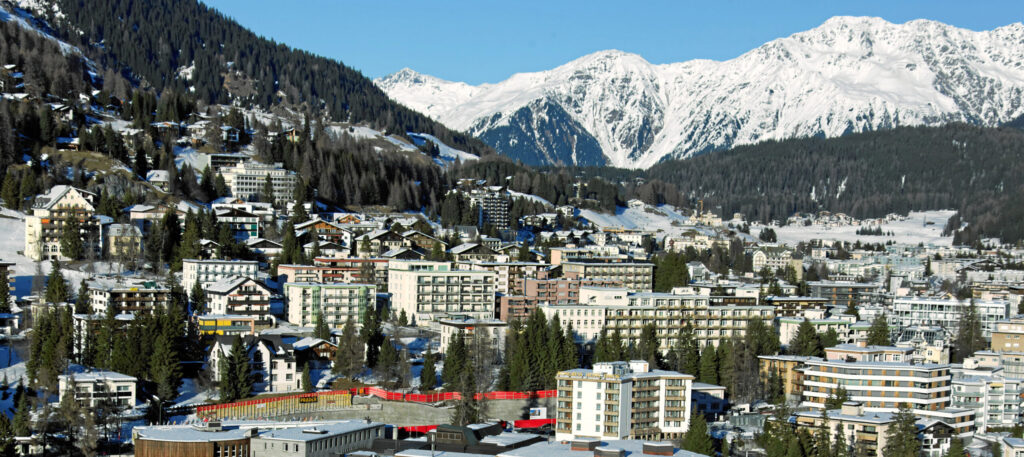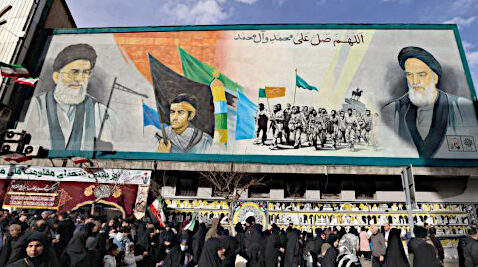16 October is officially known as World Food Day because it marks the anniversary of the founding of the United Nations Food and Agriculture Organization (FAO) in 1945. Each year, countries around the world observe this day to talk about food security and the right to food. The FAO consistently reminds governments that the Right to Food is a universal human right, not a privilege. Yet, despite these yearly reminders, growing numbers of poor and working-class people continue to go hungry, facing the indignity of begging for food, joining soup kitchens, or going without entirely.
A Rural Women’s “Speak Out” in McGregor
On 16 October, in the small rural town of McGregor in the Western Cape, the Rural Women’s Assembly (RWA)organized a Popular Speak Out — a platform for rural women to share their experiences and struggles related to the Right to Food.
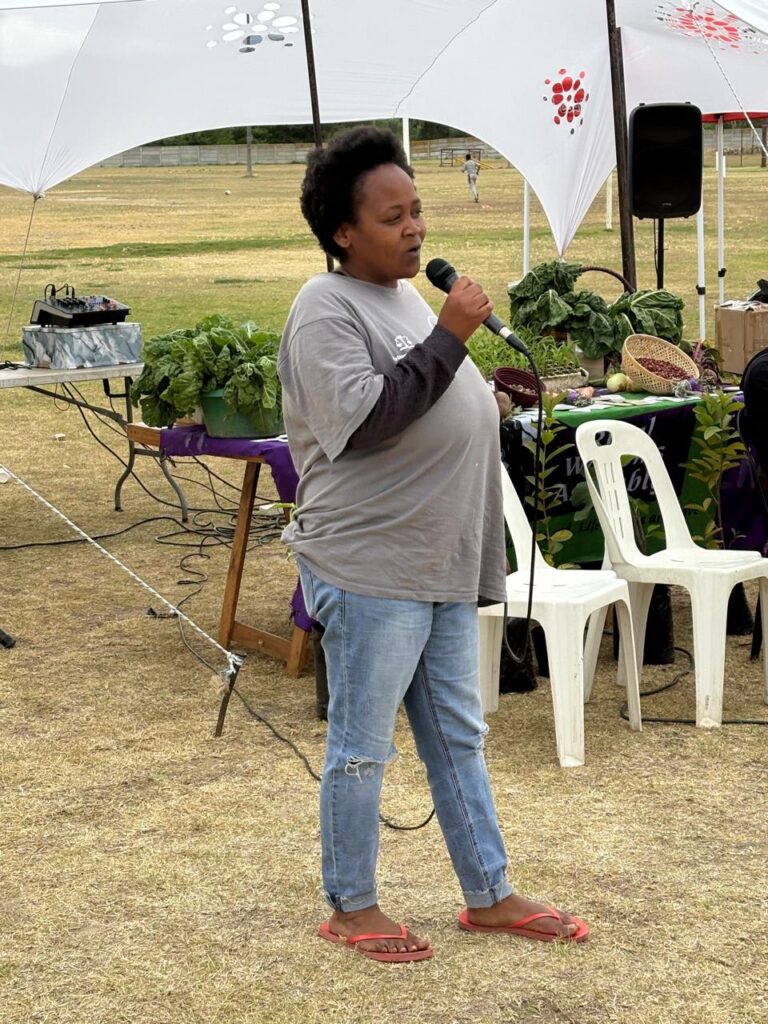
Around 300 women attended, representing diverse sectors — farmworkers, fisherwomen, small-scale farmers, and rural community members. They came from organizations such as Mawubuye Land Rights Movement, Coastal Links, Women on Farms, Cry X, and the CSAAWU farmworkers’ union, joined by young people and students.
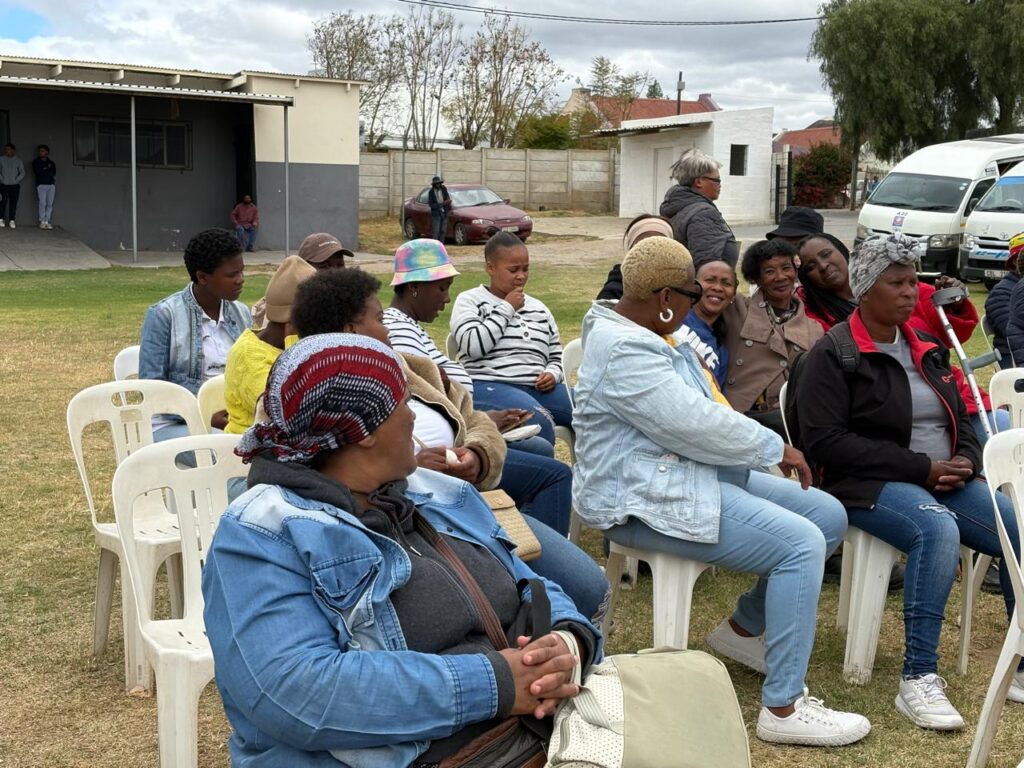
The event was opened with a quote from a Daily Maverick article (28 August 2025):
“Every day in South Africa, an average of 30 children die from starvation and extreme malnutrition – nearly 11,000 deaths a year, deaths that could have been prevented if the children had had reliable and sustainable access to food.”
Speakers reminded the gathering that the South African Constitution guarantees everyone “the right to sufficient food and water.” Section 28 further emphasizes children’s right to “basic nutrition.” Yet, these constitutional rights remain distant promises for millions.
Women Speak Out: Voices from the Margins
Denia Jansen facilitated the Speak Out, inviting women to share their stories of survival amid deepening poverty.
Abigail, a farmworker from Robertson, said:
“I work as a seasonal worker, sometimes only three or four days a week, earning R700. I have four children to feed, and that money must cover food, toiletries, and everything else. It’s really tough. I survive only because of the Child Support Grant.”
Kershia, a Fisherwoman spoke of the unfairness of the quota system:
“The quota system has turned us into criminals. We can only fish during certain months, while big trawlers operate all year. When we fish outside our quota, we’re treated like poachers.”
A young unemployed woman shared the brutal realities of joblessness:
“This situation is unjust. Some of us are forced to sell our bodies just to get money for food. The R350 grant doesn’t last, and UIF helps only those who’ve worked — what about us?”
Teachers also spoke of hunger in schools. A preschool teacher said many children attend school to eat, not to learn. A primary school teacher described how rising food prices make it impossible to provide nutritious meals, calling the Constitution “a joke” in these conditions.
A small-scale farmer from Genadendal emphasized the need for land and water:
“We need access to land to grow food for our families. Even a small piece of land can make a big difference.”
The Corporate Control of Food
A speaker from Roger Etkind from Zabalaza, delivered a powerful presentation on corporate greed and retail domination of the food system. He noted that while millions go hungry, retail giants continue to post huge profits and reward their executives lavishly.
| Retailer | Latest Net Profit | CEO Remuneration (FY2025) | Lowest-Paid Worker Policy |
| Shoprite Holdings | R7.585 bn | R87 m (Pieter Engelbrecht) | R71,674/year (~R5,972/month) — 1,214× gap |
| Woolworths Holdings | R2.443 bn | R79.9 m (Roy Bagattini) | R93,600/year (~R45/hour) — 854× gap |
| Pick n Pay | –R736 m (loss) | R24.9 m (Sean Summers) | Not disclosed (≥ national minimum wage) |
| SPAR Group | R1.6 bn | R16.0 m (Angelo Swartz) | Not disclosed (≥ national minimum wage) |
The ZASO representative argued that food corporations could easily cap prices on basic essentials — bread, sugar, oil, milk, and maize meal — and still make a profit. He called for the RWA to take this campaign forward.
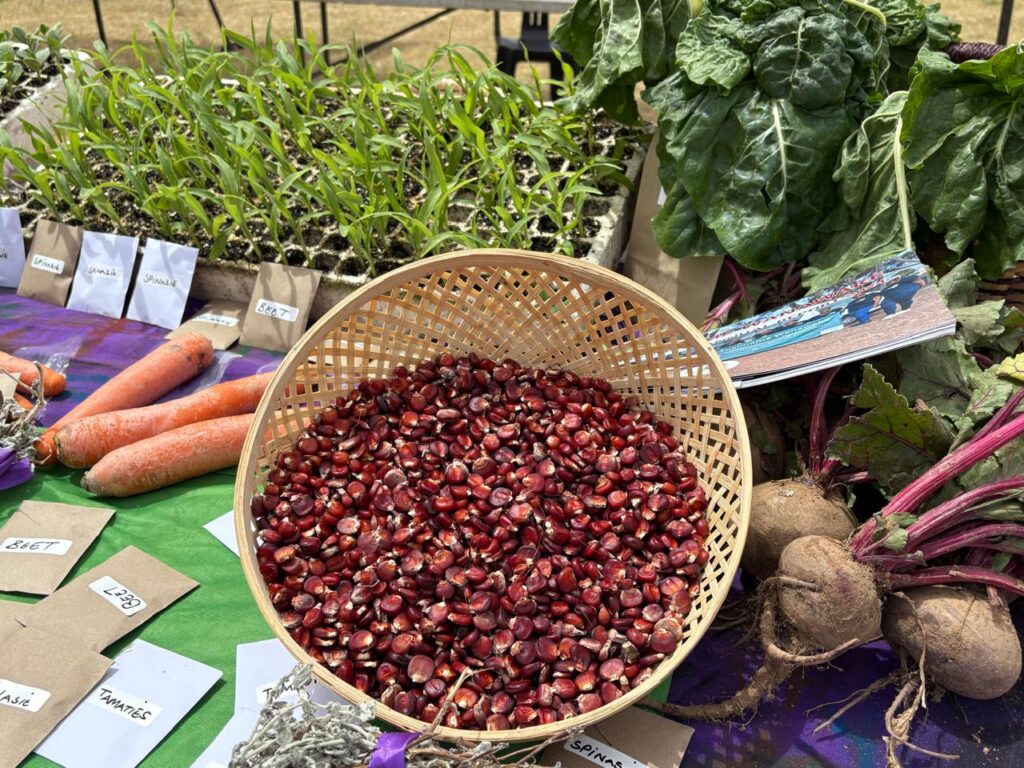
The women present in the gathering commented on the letter that President Ramaphosa wrote in which he urged Shoprite ,Pick n PAY and other retail giants to do more to bring food price down. Women felt that the President was not genuine because he could easily enforce measures to cap food prices and also keep the basic foods for the poor as low as possible. Some felt the President was in electioneering mode because its election time and he thinks this strategy will endure that poor will vote for the ANC.
A Call for Action
In conclusion, RWA leaders reaffirmed that the Right to Food must be realized, not just promised. Hunger in South Africa is a political crisis, not a natural disaster. The government’s failure to act has deepened inequality and indignity.
The RWA demands:
- Implementation of effective poverty-reduction strategies ensuring access to food, clean water, and healthcare.
- Strengthening social safety nets, including increased Child Support Grants and a universal basic income.
- Investment in small-scale and agroecological farming to create livelihoods and ensure food sovereignty.
- Expansion and proper resourcing of school feeding schemes.
- Access to land and water for rural women and communities.
- Price caps on essential food items like bread, milk, oil, and sugar.

